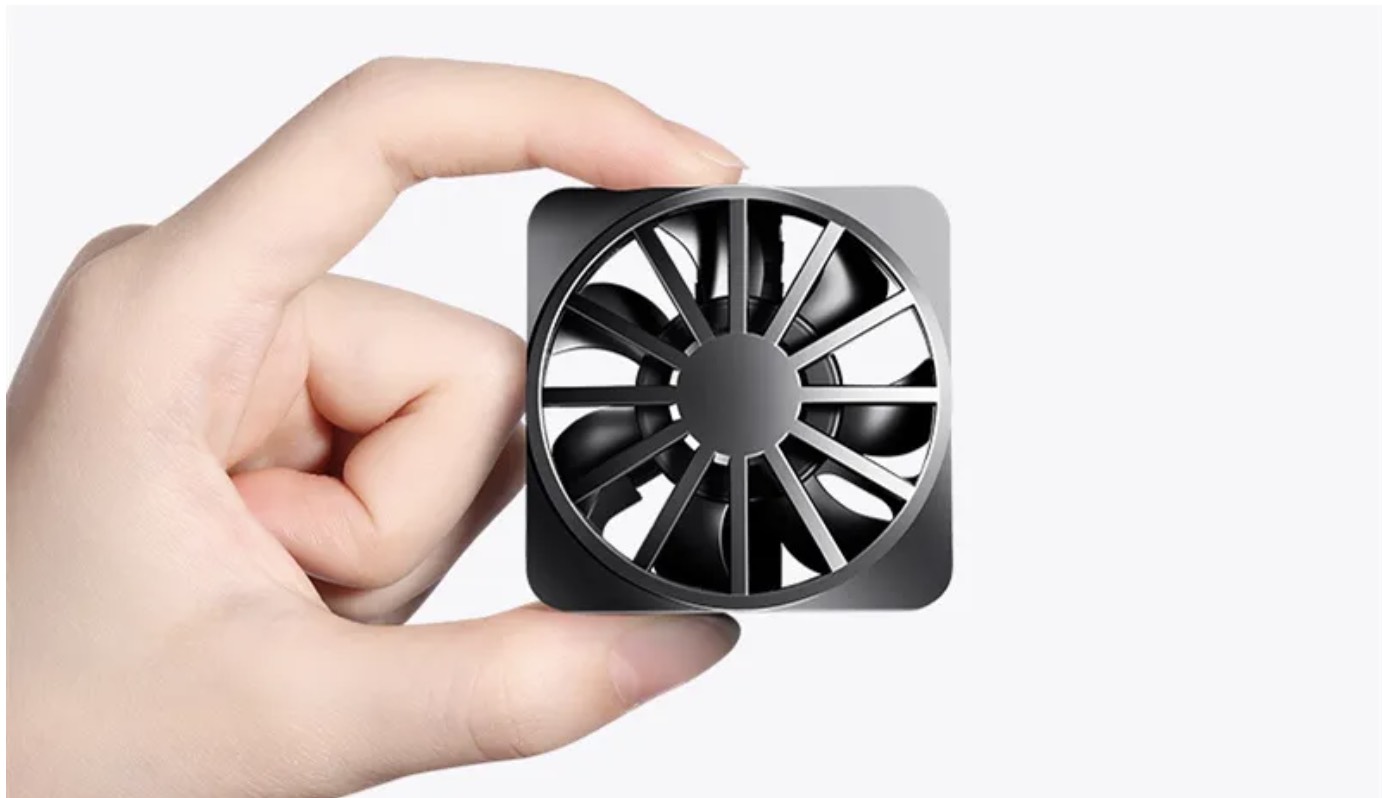Radiators are the unsung heroes of our homes, silently working to keep us comfortable year-round. Whether it's the chill of winter or the heat of summer, a well-maintained radiator not only enhances comfort but also saves money by operating efficiently. Understanding how to care for your radiator can significantly extend its lifespan and ensure it performs optimally when you need it most.
1. Regular Inspection and Cleaning
Regular inspections are crucial to catch any potential issues early. Start by checking for leaks, rust spots, or signs of corrosion. These can indicate underlying problems that, if left unchecked, may lead to more significant issues over time. Clean the exterior surfaces gently with a damp cloth to remove dust and dirt buildup, which can hinder heat distribution.

2. Bleeding Air from Radiators
Air can accumulate within radiators, causing them to heat unevenly or not at all. Bleeding your radiators releases trapped air, allowing hot water to circulate freely and heat your space effectively. Use a radiator key to open the bleed valve slightly until water begins to flow steadily, then close it once all the air is released. Perform this task annually or whenever you notice cold spots on your radiator.
3. Check Thermostatic Radiator Valves (TRVs)
TRVs regulate the temperature of individual radiators, offering personalized comfort and energy savings. Ensure they are set correctly according to your heating needs. Periodically test each TRV by adjusting the temperature setting and confirming that the radiator responds accordingly. Faulty TRVs can cause overheating or prevent a radiator from reaching its full heating potential.
4. Inspect Pipework and Connections
Examine the pipework connected to your radiator for any signs of leaks, especially at joints and connections. Tighten fittings if necessary and consider applying joint compound or pipe tape to prevent future leaks. Addressing small leaks promptly can prevent water damage and maintain the efficiency of your heating system.
5. Maintain a Clear Area Around Radiators
Furniture and curtains placed too close to radiators can obstruct heat flow, reducing their effectiveness. Ensure there is adequate space around each radiator for air to circulate freely. This simple adjustment can maximize heat distribution and lower your energy bills by allowing your radiators to operate efficiently.
6. Protect Radiators During Painting
If you're painting a room, take precautions to protect your radiators from paint splatter or drips. Cover them with a cloth or use painter's tape to shield delicate components. Once the paint is dry, inspect the radiator for any accidental paint residues and remove them carefully to avoid affecting its performance.
7. Professional Servicing and Inspections
While regular maintenance tasks can be performed by homeowners, scheduling periodic professional inspections is essential. A qualified heating engineer can conduct thorough checks, clean internal components, and identify potential issues that may require attention. Professional servicing not only ensures safety but also extends the lifespan of your radiator system.
By incorporating these maintenance practices into your routine, you can prolong the lifespan of your radiators and maintain a comfortable indoor environment year-round. Regular inspections, cleaning, and attention to detail are key to maximizing efficiency and preventing costly repairs down the road. Remember, a well-maintained radiator not only enhances heating performance but also contributes to energy savings and overall home comfort.
By continuing to use the site you agree to our privacy policy Terms and Conditions.